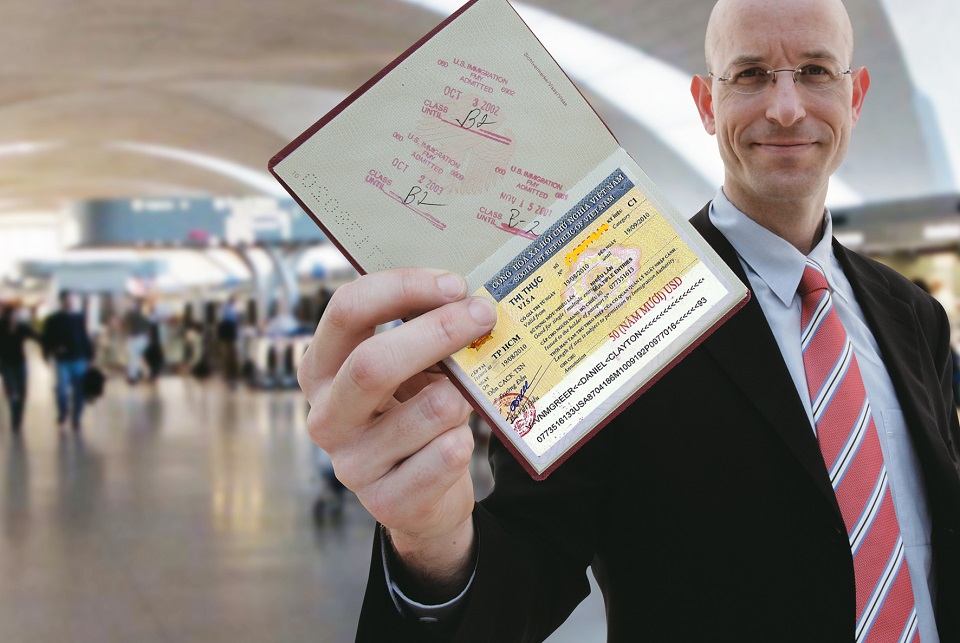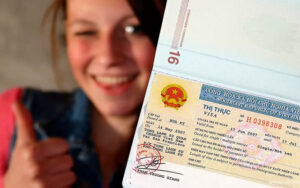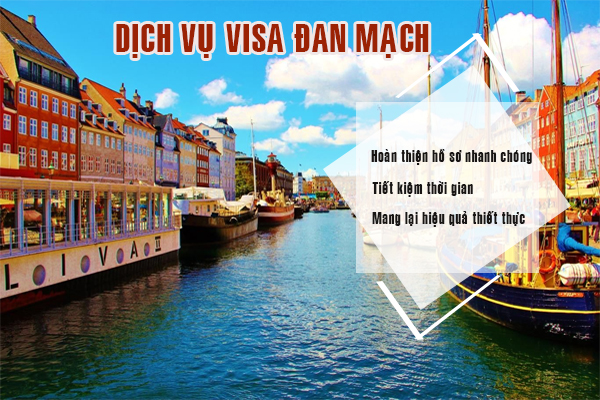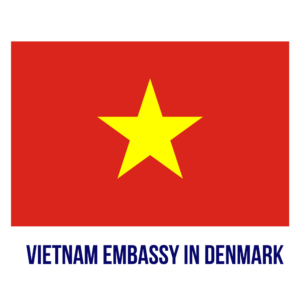Table of Contents
Introduction: Retiring in Vietnam as a Danish Citizen

Vietnam’s allure for retirees lies in its affordability, cultural richness, and breathtaking landscapes. For Danish citizens, the absence of a formal retirement visa means navigating alternative routes, each with unique pros and cons. This section sets the stage by examining why Vietnam appeals to Danes and what they must consider before relocating.
Why Vietnam Appeals to Danish Retirees
Vietnam offers a stark contrast to Denmark’s high taxes and chilly climate. With a lower cost of living, Danish pensions stretch further here, funding luxuries like beachfront homes or domestic help. Culturally, Vietnam’s expat-friendly cities—such as Da Nang and Ho Chi Minh City—provide modern amenities alongside traditional charm.
However, the lack of a retirement-specific visa means Danes must strategize. Some opt for business investments, while others rely on family-sponsored visas. Understanding these options early prevents costly mistakes and ensures a smooth transition.
Cultural and Lifestyle Adjustments
Moving from Denmark to Vietnam involves more than paperwork. Danish retirees must adapt to a faster-paced, less regulated environment. Traffic, bureaucracy, and language barriers pose challenges, but many find Vietnam’s warmth—both climatic and social—worth the effort.
Community is key. Expats often bond over shared experiences, and Danes can tap into local Scandinavian groups for support. Learning basic Vietnamese phrases and embracing local customs also eases integration.
Legal and Bureaucratic Realities
Vietnam’s immigration policies are evolving but remain complex. Danish retirees should consult legal experts to navigate requirements like proof of income, health checks, and visa renewals. Patience is essential—processing times vary, and regulations can change abruptly.
Working with a local agent streamlines applications, especially for business visas requiring investment proof. Transparency about financials and intentions avoids red flags during approval.
Overview of Vietnamese Retirement Visa Options
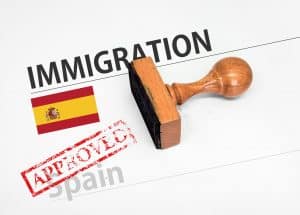
While Vietnam lacks a retirement visa, Danish citizens can leverage other categories for long-term stays. This section dissects each option, from tourist visas to investor pathways, providing clarity on eligibility and longevity.
Tourist Visas – Short-Term Exploration
Initially, many Danes enter Vietnam on tourist visas (valid for 30–90 days). These allow retirees to scout locations, connect with expats, and gauge suitability. However, frequent border runs for renewals grow tedious, making this a temporary solution.
Creative loopholes, like visa exemptions for ASEAN travel, offer brief respites but aren’t sustainable long-term. Retirees serious about staying must pivot to more stable visas.
Business Investment Visas – The Golden Gateway
For those with capital, the DN (Business) Visa is a popular workaround. By investing in a Vietnamese enterprise (minimum ~$100,000), Danes secure renewable visas tied to their business’s viability. This route demands due diligence—choosing profitable sectors and hiring local staff satisfies immigration criteria.
Success hinges on treating the investment as a real venture, not just a visa ploy. Regular audits and tax compliance prove legitimacy, easing renewals.
Family-Sponsored Visas – Ties That Bind
Danes married to Vietnamese nationals can obtain spousal visas, offering stability without financial outlays. These require marriage certification and periodic renewals but bypass investment hurdles.
Alternatively, retirees with adult children working in Vietnam may qualify for dependent visas, though these are rarer and subject to stricter scrutiny.
Specific Visa Requirements for Danish Retirees

Understanding documentation and financial thresholds is critical. Here, we break down the paperwork, fees, and hidden costs Danish applicants face across visa types.
Document Checklist – Precision Matters
Applications demand notarized passport copies, health certificates, and criminal background checks (translated into Vietnamese). Missing or expired documents trigger rejections, so double-checking with embassies or legal advisors is wise.
For business visas, additional layers like investment licenses and company seals add complexity. Each document must align perfectly with application narratives to avoid delays.
Financial Proof – Demonstrating Solvency
Vietnamese authorities want assurance retirees won’t strain public resources. Danes must show steady income—often pension statements—meeting minimum thresholds (~$1,000/month). Bank deposits or property ownership in Vietnam strengthen cases.
Those opting for business visas face higher stakes: proving liquid assets for investments and operational capital. Meticulous financial records build trust with officials.
Health Insurance Mandates
Vietnam mandates health coverage for long-term visas. Danish retirees should secure international policies covering emergencies and local hospital networks. Pre-existing conditions may require specialized riders, so early policy comparisons prevent gaps.
Local insurers offer cheaper plans but may lack English support. Balancing cost and coverage ensures peace of mind.
Financial Considerations and Pension Requirements
Retiring abroad impacts taxes, pensions, and daily budgets. This section helps Danes calculate costs, optimize income streams, and avoid fiscal pitfalls.
Cost of Living Breakdown
Vietnam’s affordability dazzles: a couple can live comfortably on $1,500–$2,500/month, renting seaside apartments or dining out nightly. However, luxury imports (European groceries, cars) carry premiums.
Budgeting for healthcare, visas, and occasional flights home ensures financial resilience. Currency fluctuations also matter—transferring DKK to VND strategically maximizes value.
Tax Implications – Double Trouble?
Denmark taxes global income, but Vietnam may levy taxes on local earnings (e.g., rental income). Double taxation treaties prevent duplicate payments, but filing correctly demands expert advice.
Business owners face corporate taxes, VAT, and payroll duties. Structuring entities optimally—like forming LLCs—minimizes liabilities legally.
Pension Access and Banking
Danish pensions can be transferred to Vietnam, but withdrawal fees and exchange rates eat into sums. Opening local bank accounts simplifies transactions, though international transfers take days.
Multi-currency accounts hedge against volatility. Retirees should notify Danish banks about overseas residency to prevent frozen accounts.
Navigating the Application Process: A Step-by-Step Guide
From initial applications to renewals, this segment demystifies procedures, timelines, and insider tips for Danish retirees.
Choosing the Right Visa Path
Assessing personal priorities—investment appetite, family ties, or simplicity—guides visa selection. Hybrid approaches, like starting with a tourist visa while setting up a business, offer flexibility.
Consulting recent expats or forums like InterNations provides real-world insights beyond official guidelines.
Submission Strategies – Timing and Tactics
Applications submitted early in Vietnam’s fiscal year (January) may face quicker processing than year-end rushes. In-person submissions at major hubs (Hanoi, Ho Chi Minh City) sometimes yield faster results than mail-ins.
Politeness and patience with officials go far. Bribes are illegal and risky—proper paperwork prevails.
Handling Rejections and Appeals
Denials often stem from incomplete forms or insufficient funds. Rectifying errors and reapplying immediately is better than waiting. Legal appeals are rare but possible with cogent evidence.
Keeping copies of every submission creates audit trails for follow-ups.
Benefits and Challenges of Retiring in Vietnam: A Danish Perspective
Every paradise has trade-offs. Here, we weigh Vietnam’s perks against its frustrations through Danish eyes.
Upsides – Beyond Beaches and Banh Mi
Vietnam’s expat communities thrive, offering camaraderie and resource-sharing. Danes appreciate the casual lifestyle, where spontaneity trumps rigid scheduling.
Low labor costs enable hired help for cleaning, cooking, or even personal assistants—unthinkable luxuries back home.
Downsides – Bureaucracy and Beyond
Language barriers complicate healthcare and legal matters. While urban centers have English-speaking professionals, rural areas don’t.
Pollution in cities like Hanoi tests tolerance. Seasonal floods or typhoons also disrupt coastal living.
Long-Term Stability Concerns
Visa rules fluctuate—today’s loophole may vanish tomorrow. Retirees must stay informed through embassies or legal updates to avoid status jeopardy.
Property ownership restrictions mean most Danes lease long-term instead of buying outright, impacting legacy plans.
Conclusion
Retiring in Vietnam: Visa Options for Danish Citizens underscores that while the path isn’t straightforward, it’s navigable with preparation. By aligning financial capacity with visa strategies—be it investment, family sponsorship, or hybrid models—Danish retirees can enjoy Vietnam’s splendors sustainably. The key lies in meticulous planning, cultural adaptability, and leveraging local expertise to turn this Southeast Asian haven into a forever home.
`


